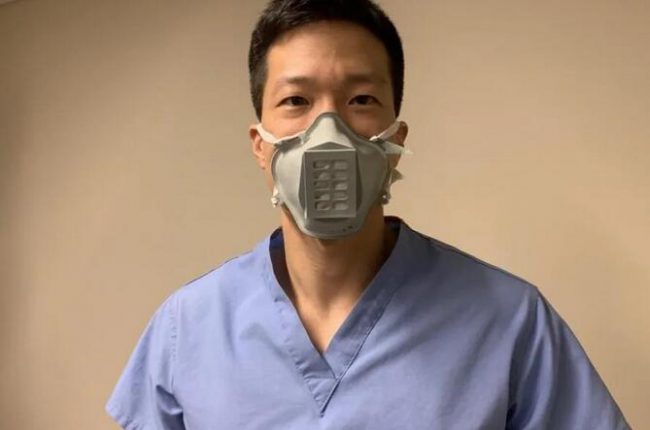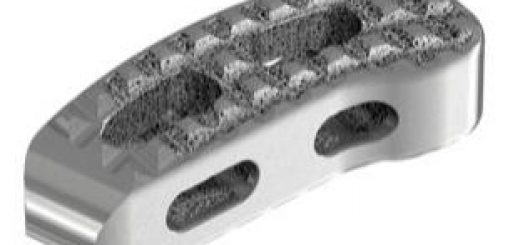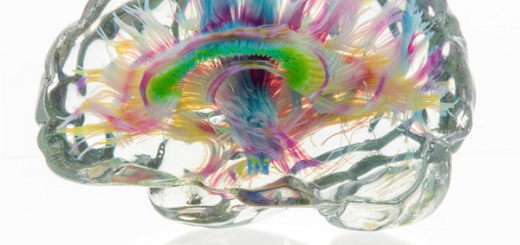FDA Approves First 3D-Printed Mask for COVID-19 Support
The Food and Drug Administration Friday approved the first 3D-printed gas mask respirator to meet its regulatory standards to protect clinical health care professionals against COVID-19. The announcement comes from a tweet issued by the Veterans Health Administration Innovation Ecosystem.
Created by the VHA team, the 3D-printed mask is one of several types of personal protective respirator masks health care workers can use to block the transmission of the novel coronavirus.
 Image via GovernmentCIO Media
Image via GovernmentCIO Media
The mask works by securely fitting around the mouth and nose, strapping to the ears. Using a special filter designed to remove COVID-19 particulates, the mask is able to pull clean air through. The masks are also easy to disinfect and reuse.
Respirators are the most protective masks against particulate transmissions, such as the viral droplets and aerosols spread by those infected with the virus.
The rapid approval of the 3D-printed mask comes amid reports of medical professionals lacking critical personal protective equipment while on the frontlines of the pandemic, in part due to a delay in global supply chains.
Sign up for our newsletters to receive the latest analysis and insights.
In response, the FDA had recently issued a memorandum of understanding between NIH, VHA and FDA. The public-private partnership is aimed at accelerating information-sharing and production of 3D-printed personal protective equipment and other medical device parts to quickly address the public health emergency.
The collaboration with additive manufacturer America Makes quickens the approval process for COVID-19 equipment using NIH’s 3D Print Exchange, an existing open-source tool that allows anyone who has a potential 3D-printing, biomedical prototype to upload and share them.
Those with COVID-19-related prototypes can submit them to the site, where they can then be clinically tested and evaluated by the VHA Innovation Ecosystem, in conjunction with the FDA via the VHA 3D Printing Network.
Once the models are tested, reviewed and approved, the final products are highlighted on the site. The medical equipment will also be matched and distributed to 3D-printing organizations that can produce them effectively and distribute them to health care facilities in need.
So far, there have been seven COVID-19-related, 3D-printed medical devices that have been “reviewed for clinical use,” with the mask approved only a week after the effort’s launch March 27.
Source: GovernmentCIO Media




Recent Comments